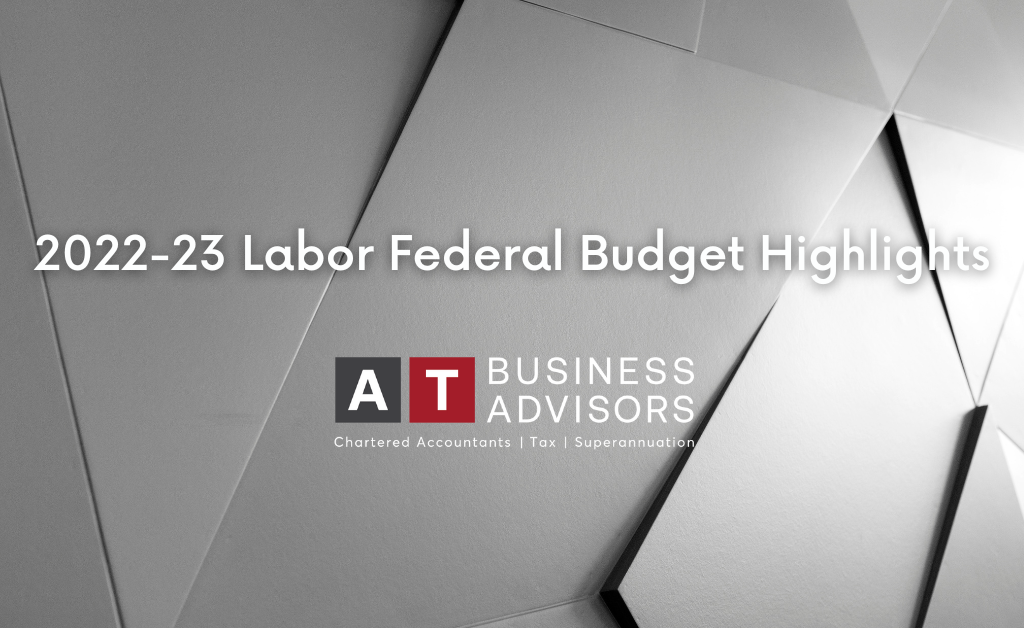The Federal Treasurer, Dr Jim Chalmers, handed down the Labor government’s first Federal Budget at 7:30 pm (AEDT) on 25 October 2022.
Despite an uncertain global economic environment, the Treasurer has lauded Australia’s low unemployment and strong export prices as reason for a 3.5% growth in the current financial year, slowing to 1.5% in 2023–24. The Budget projects a deficit of $36.9 billion, lower than the forecast earlier this year of $78 billion.
Described as a sensible Budget for the current conditions, it contains various cost of living relief measures including cheaper child care, expanding paid parental leave and encouraging downsizing to free up housing stock. Key tax measures are targeted at multinationals, particularly changes to the thin capitalisation rules, and changes to deduction rules for intangibles.
The highlights are set out below:
Businesses
• Electric vehicles under the luxury car tax threshold will be exempt from fringe benefits tax and import tariffs.
• A number of Victorian and ACT based business grants relating to the COVID-19 pandemic will be non-assessable non-exempt income for tax purposes.
• Grants will be provided to small and medium-sized businesses to fund energy efficient equipment upgrades.
• The tax treatment for off-market share buy-backs undertaken by listed public companies will be aligned with the treatment of on-market share buy-backs.
• The 2021–22 Budget measure to allow taxpayers to self-assess the effective life of intangible depreciating assets will not proceed.
• Heavy Vehicle Road User Charge rate increased from 26.4 to 27.2 cents per litre of diesel fuel, effective from 29 September 2022.
• Australia has signed a new tax treaty with Iceland.
• Additional tariffs on goods imported from Russia and Belarus have been extended by a further 12 months, to 24 October 2023.
• Ukraine goods are exempted from import duties for a period of 12 months from 4 July 2022.
• Technical amendments to the taxation of financial arrangements (TOFA) rules proposed in the 2021–22 Budget will be deferred.
• Amendments to simplify the taxation of financial arrangements (TOFA) rules proposed in the 2016–17 Budget will not proceed.
• The proposed measure from the 2018–19 Budget to impose a limit of $10,000 for cash payments will not proceed.
• Proposed changes in the 2016–17 Budget to amend the taxation of asset-backed financing arrangements will not proceed.
• The new tax and regulatory regime for limited partnership collective investment vehicles proposed in the 2016–17 Budget will not proceed.
• The Pacific Australia Labour Mobility (PALM) scheme will be expanded and enhanced.

